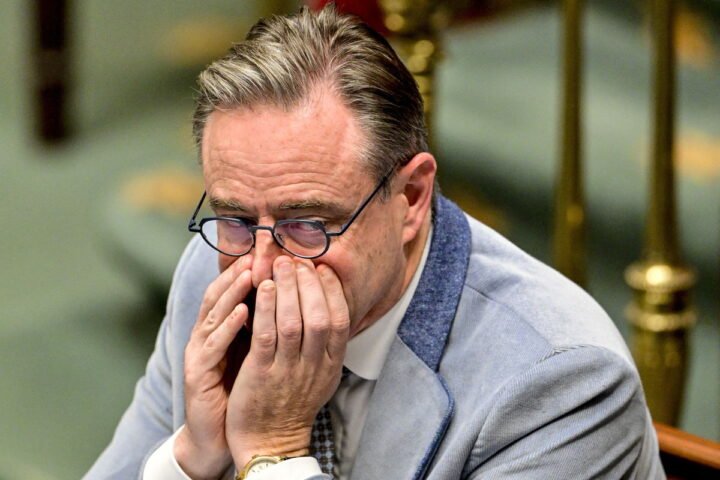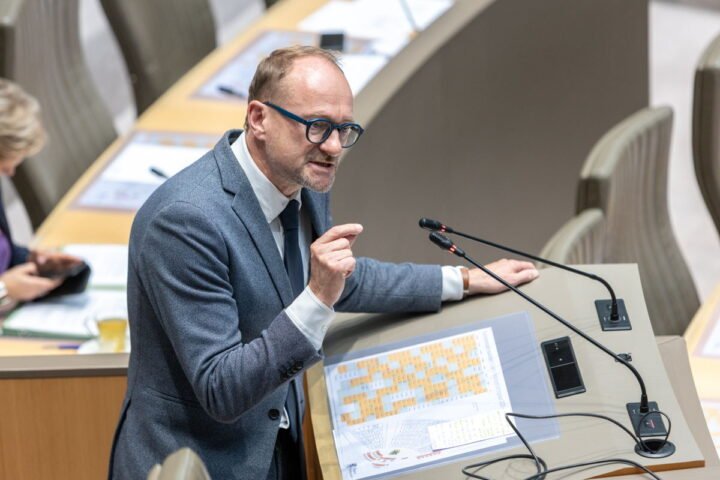The European Commission has confirmed it is withdrawing its AI liability bill, which aimed to define responsibility when AI causes harm. The decision, made public after an initial shelving in February, has drawn criticism in Parliament. This marks yet another instance of the executive backing down on proposed legislation, including an anti-discrimination law. The reversal raises questions about the Commission’s commitment to regulating AI effectively, reports 24brussels.
Despite hopes that the bill would clarify legal liabilities in cases involving AI, the announcement of its withdrawal indicates a shift in priorities amid ongoing debates around digital regulation in Europe. Critics argue that without such legislation, victims of AI-related harm may face legal ambiguity regarding compensation and accountability.
The Commission’s recent decisions have sparked broader concerns regarding its responsiveness to Parliament and stakeholders. Some officials suggest that delays and retractions could undermine public trust in the institution’s ability to enact meaningful change in the tech sector.
Past discussions within the Commission hinted at a desire to set a global standard for AI regulation, but the latest developments cast doubt on its strategic vision. This situation echoes earlier controversies related to how the EU engages with emerging technologies and their implications on civil rights and safety.
In other news, the EU’s digital regulations continue to face scrutiny from member states and industry stakeholders who fear that heavy-handed measures could stifle innovation. As Brussels navigates these challenges, the political landscape remains highly volatile, with internal conflicts arising around the balance of powers between national governments and EU institutions.
Amid these tensions, the EU Parliament seeks solutions to address low attendance in its sessions, which has become a recurring issue as many representatives are often absent. The President of Parliament, Roberta Metsola, is engaging political group leaders to generate ideas for improving Member of Parliament (MEP) turnout.
As summer breaks approach, the struggle to maintain momentum in legislative activities illustrates the challenges faced by EU governance. Past initiatives aimed at overcoming these hurdles, such as the “blue card” system allowing for real-time speaker notifications, have had limited success.
Additionally, MEPs from Jean-Luc Mélenchon’s La France Insoumise party are pushing for a renewed motion of censure against the Commission concerning its handling of trade agreements with the US, following a previous unsuccessful attempt to hold the Commission accountable earlier this month.
The Eurozone economy showed signs of modest growth in the second quarter of the year, expanding by 0.1%, exceeding predictions of stagnation. This marks a slowdown from the 0.6% growth in the first quarter and raises questions about future economic conditions in light of the potential impacts of US tariff policies.
The ongoing discourse surrounding these economic metrics is intertwined with political developments as leaders in member states adapt their strategies to ensure stability. Eurozone nations find themselves navigating a balancing act between fostering growth and protecting domestic industries amidst international pressures.
Fresh challenges emerged as Austria’s EU envoy stepped down following controversy linked to a misogynistic blog attributed to him. The resignation underscores ongoing discussions in Europe regarding political accountability and ethical standards within diplomatic circles.
As various national ministers and representatives engage with critical international issues, including the recognition of Palestinian statehood and responses to Russian aggression, the EU continues to grapple with its position on the global stage, emphasizing a need for coherence and unity among member states.
Tensions surrounding trade negotiations and digital regulations have set the tone for future discussions as leaders reconvene after summer recess, facing growing calls for clarity and decisive action. The coming months will be crucial in determining how the EU addresses these multifaceted challenges and whether it can restore confidence among its constituents.










